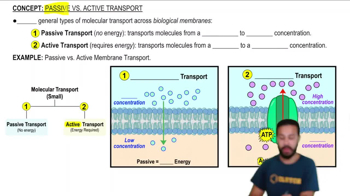Mark the following statements about the cerebral cortex as true or false. If a statement is false, correct it to make a true statement.
The prefrontal cortex is located in the frontal lobe and is concerned with movement.
 Verified step by step guidance
Verified step by step guidance

